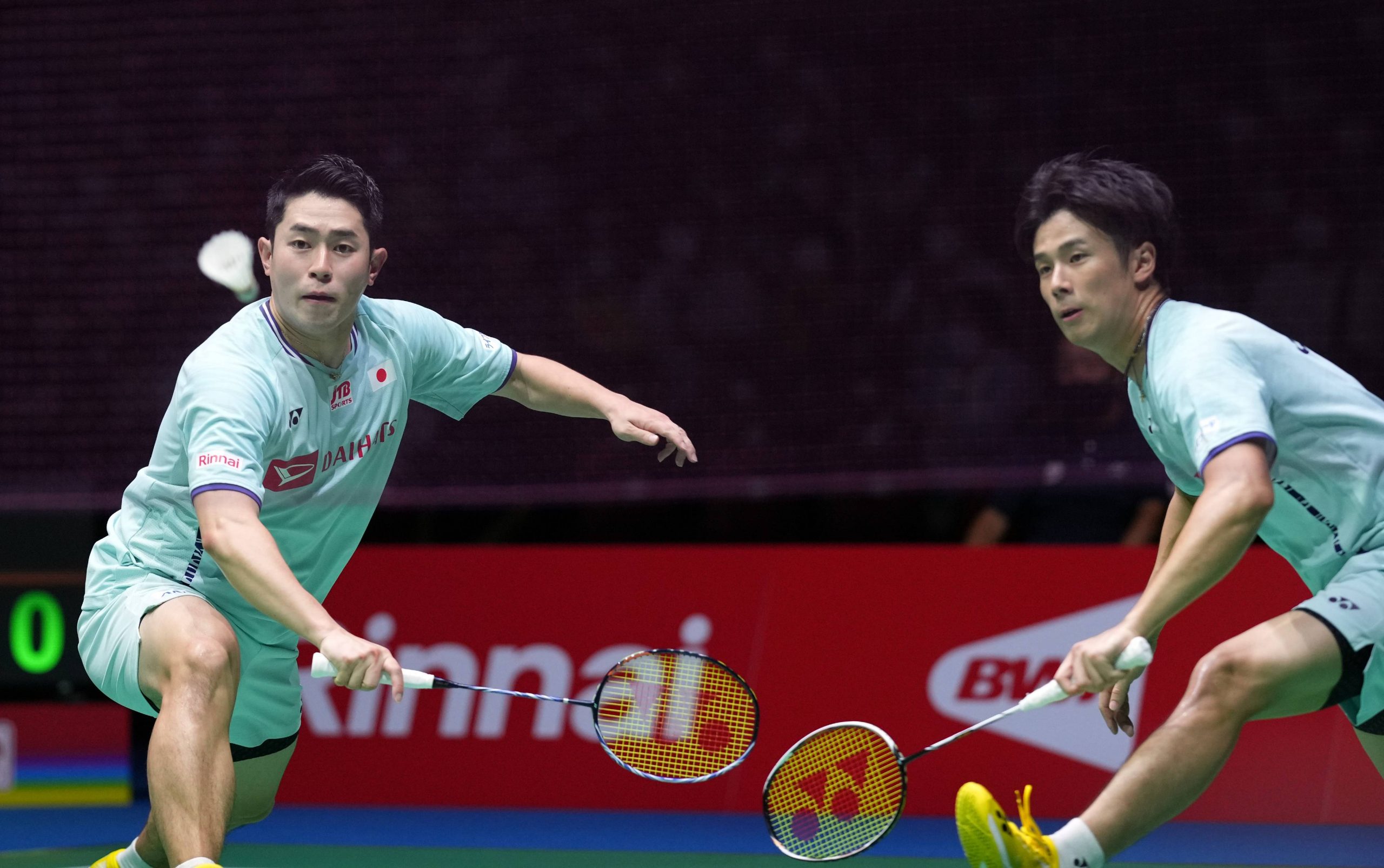
Productivity is often a major trademark of longtime partnerships. The music-making synergy developed and honed for many decades by The Rolling Stones’ Mick Jagger and Keith Richards comes to mind to illustrate this point.
Similarly, men’s badminton doubles partners Takuro Hoki and Yugo Kobayashi have benefited from their continuous partnership since their junior high school days.
Often referred to as “Hoki-Koba,” by their peers and Japanese fans and media in recent years, they reached No. 1 in the Badminton World Federation’s world rankings for the first time on Tuesday, September 20.
It was confirmation of their complementary physical skills on the badminton court.
For starters, the 166-cm Hoki smashes the shuttlecock with a racket in his right hand. Kobayashi, who stands 175 cm, covers more ground and hits serves and returns with his left hand. That can be advantageous.
The speed of the game and rapid-fire exchange of shots create split-second opportunities to make decisions, to chase after the flying object. And it's a game of inches and angles and the perpetual goal of disrupting the opposition's timing, with the combination of a lefty and righty adding another element to the doubles game.
And knowing a partner’s tendencies, strengths and weaknesses should only increase with time.
Continuity Pays Off
Hoki and Kobayashi’s rise to No. 1 in the world rankings provides a glimpse of the value of continuity.
Of course, there isn’t a one-size-fits-all formula ― not in sports, not in life.
For instance, changing doubles partners may yield better results for professional badminton players, and may trigger more consistency, more success.
On the other hand, the ingrained knowledge accrued from hundreds (or thousands) of hours from practices and matches can help sharpen a tandem’s overall quality of play.
Hoki and Kobayashi, previously No. 2 in the rankings, vaulted past Indonesia’s Marcus Fernaldi Gideon and Kevin Sanjaya, who dropped to second.
The Indonesian duo had held the top spot since the fall of 2017.
But their Japanese rivals’ success this year, including titles at the Thailand Open in May and the Malaysia Open in July, helped propel them to No. 1 for the first time for a Japanese men’s doubles duo.
For Japan, other benchmarks have been set in the sport in recent years. Compatriots Yuta Watanabe and Arisa Higashino claimed Japan’s first-ever mixed doubles medal in the sport, nabbing the bronze, at the Tokyo Olympics last year. Akane Yamaguchi and Kento Momota are recognized as superstars in the sport, too.
Hoki and Kobayashi didn’t qualify to compete in the Olympics.
Lofty Ambitions
For Hoki and Kobayashi, ambition has been a driving force of their public profile for a long time.
Their top goal was never a secret. Hoki reminded reporters and badminton fans of that after he and Kobayashi prevailed 24-12, 16-21, 21-9 in the Malaysia Open final in Kuala Lumpur on July 3.
“We are really happy to win this title,” Hoki was quoted as saying by The Star, a Malaysian newspaper, after the doubles final. “Now, we want to try to get the No. 1 spot. We have to maintain our form to do so.”
In December 2021, Hoki and Kobayashi exhibited their strengths at the BWF World Championships in Huelva, Spain, capturing their first world title as the No. 5 seed. They defeated China’s Jiting He and Qiang Tan 21-12, 21-18 in the final six days before Christmas.
Success in Spain reminded Hoki of the strides he and his partner had made in developing their skills over the years.
“We proved our growth with our victory,” Hoki commented, reflecting on the tournament, according to the BWF website.
Growth Over Time
Moreover, their partnership has been bolstered by both players’ willingness to work on their weaknesses in order to fine tune their overall game.
They weren’t satisfied with a second-place finish at the world championships in 2019. They realized that they could play better badminton.
Attacking was a chief strength for Hoki-Koba, a source of plenty of points match after match. But in the overall analysis, Kobayashi wasn’t at the same level as his partner when receiving serves, according to a BWF website article that was published in the run-up to this year’s world championships. And so, Kobayashi committed to spending additional time working with Japan men’s national team doubles coach Kim Her Tan, a former Malaysian player, to improve his receiving skills.
The extra work, often after regular practice ended, paid off.
Kobayashi made improvements. This led to more consistency and greater success for the pair on the BWF World Tour, including Denmark Open, Indonesia Masters and BWF World Tour Finals titles last year.
Most notably, Hoki and Kobayashi won the aforementioned world title. But their quest to repeat in 2022 fell short. They were eliminated by India’s Satwiksairaj Rankireddy and Chirag Shetty in the quarterfinals, 24-22, 15-21, 21-14, on August 26 at Tokyo Metropolitan Gymnasium.
Where It All Started
Hoki, a Yamaguchi Prefecture native, and Kobayashi, who was born in Miyagi Prefecture, both attended Tomioka Daiichi Junior High School in Tomioka, Fukushima Prefecture. They began competing together in junior high school.
Then, as third year high school students, they teamed up to win the doubles crown at the 2013 Inter High School Badminton Championships in Kitakyushu. (The tourney has been held annually since 1950.)
They replicated that feat at the USA International and 2016 Spanish International tournaments, giving a glimpse of the duo’s potential.
Looking back at the most important victory of their partnership, you can see how committed Hoki and Kobayashi are to achieving excellence together.
During an interview with NHK, Kobayashi thought about their glorious experience in December 2021 and what it meant to him moving forward a month later.
“The moment I won the gold medal, it was the best feeling I had ever experienced,” Kobayashi told the national broadcaster. “Hoki had always been talented, but I wasn’t commensurate with his ability. I was able to realize that I can become [my] partner's confidence.”
Author: Ed Odeven
Follow Ed on JAPAN Forward's [Japan Sports Notebook] here on Sundays, in [Odds and Evens] here during the week, and Twitter @ed_odeven.

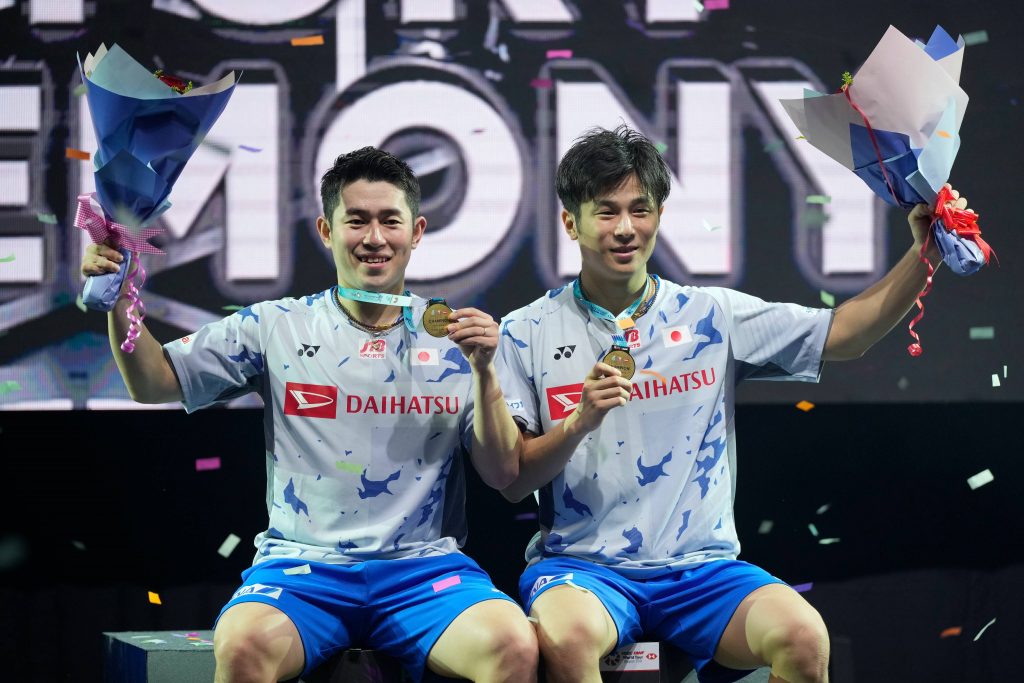
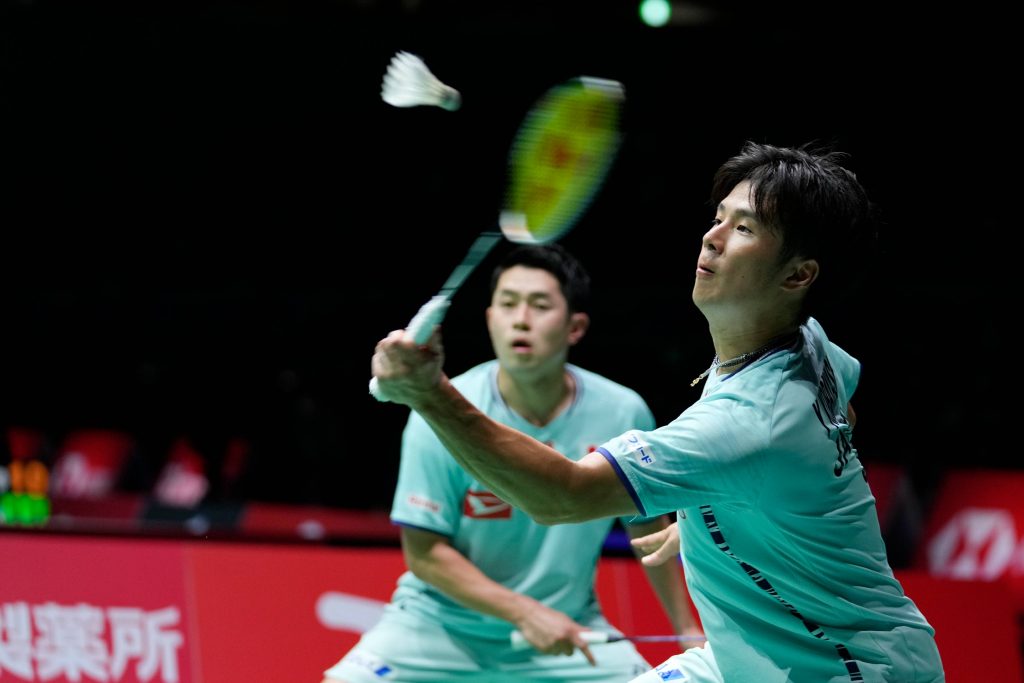
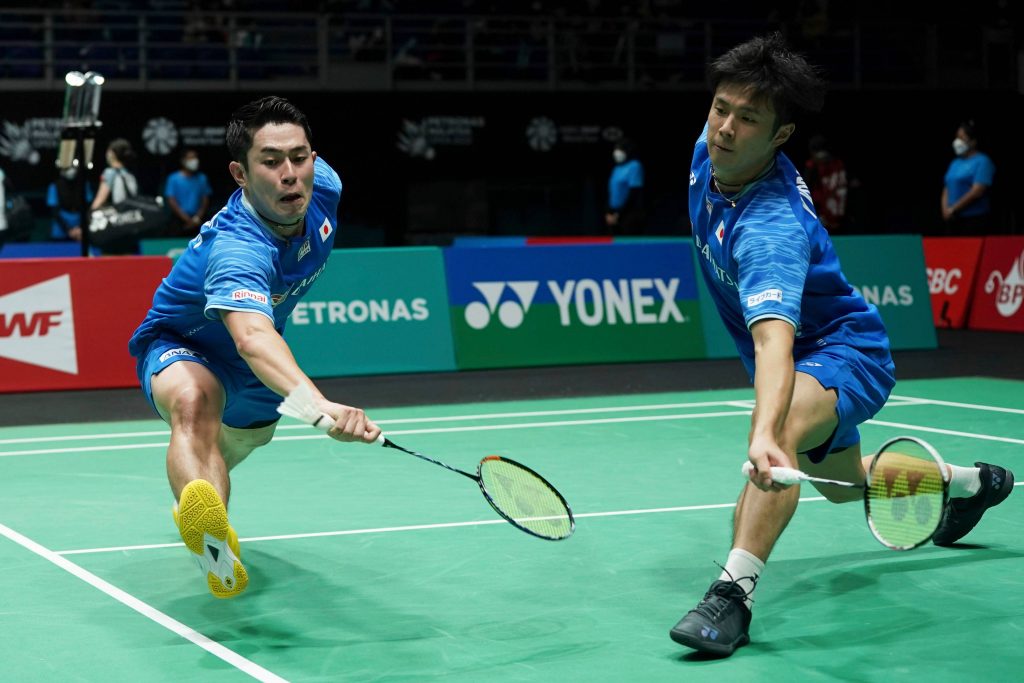
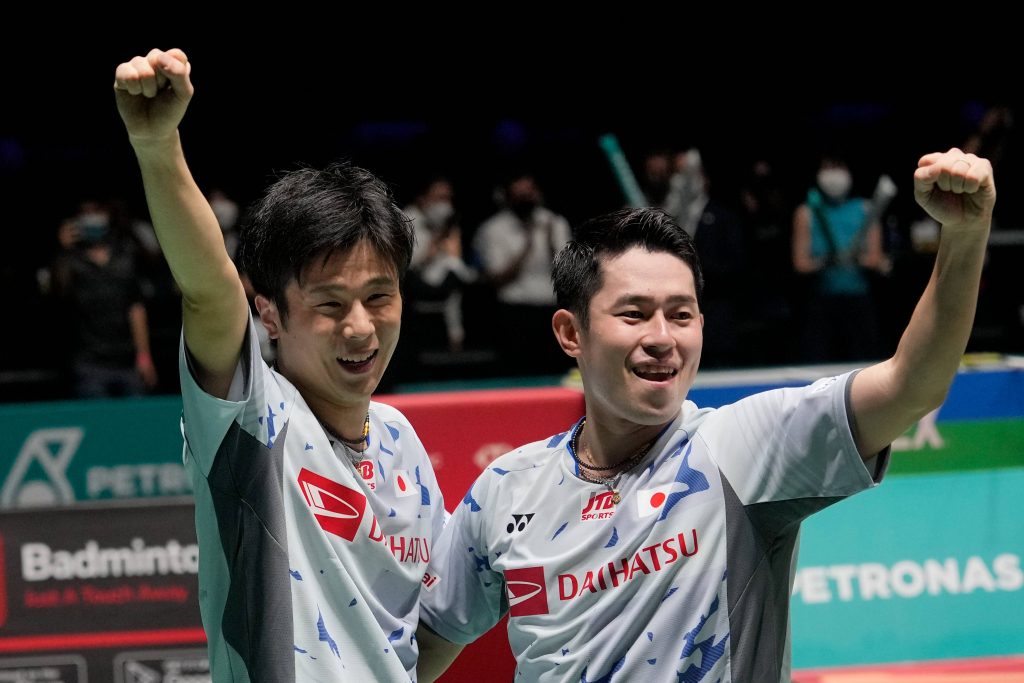















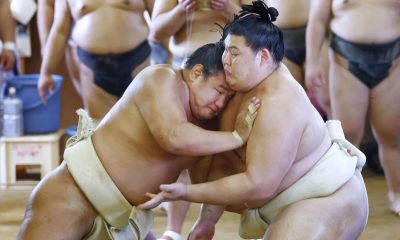
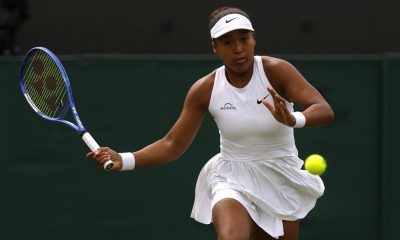
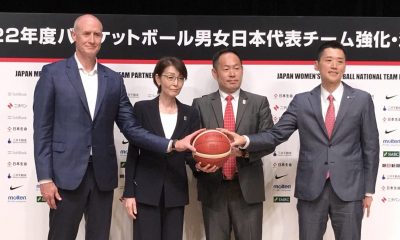
You must be logged in to post a comment Login